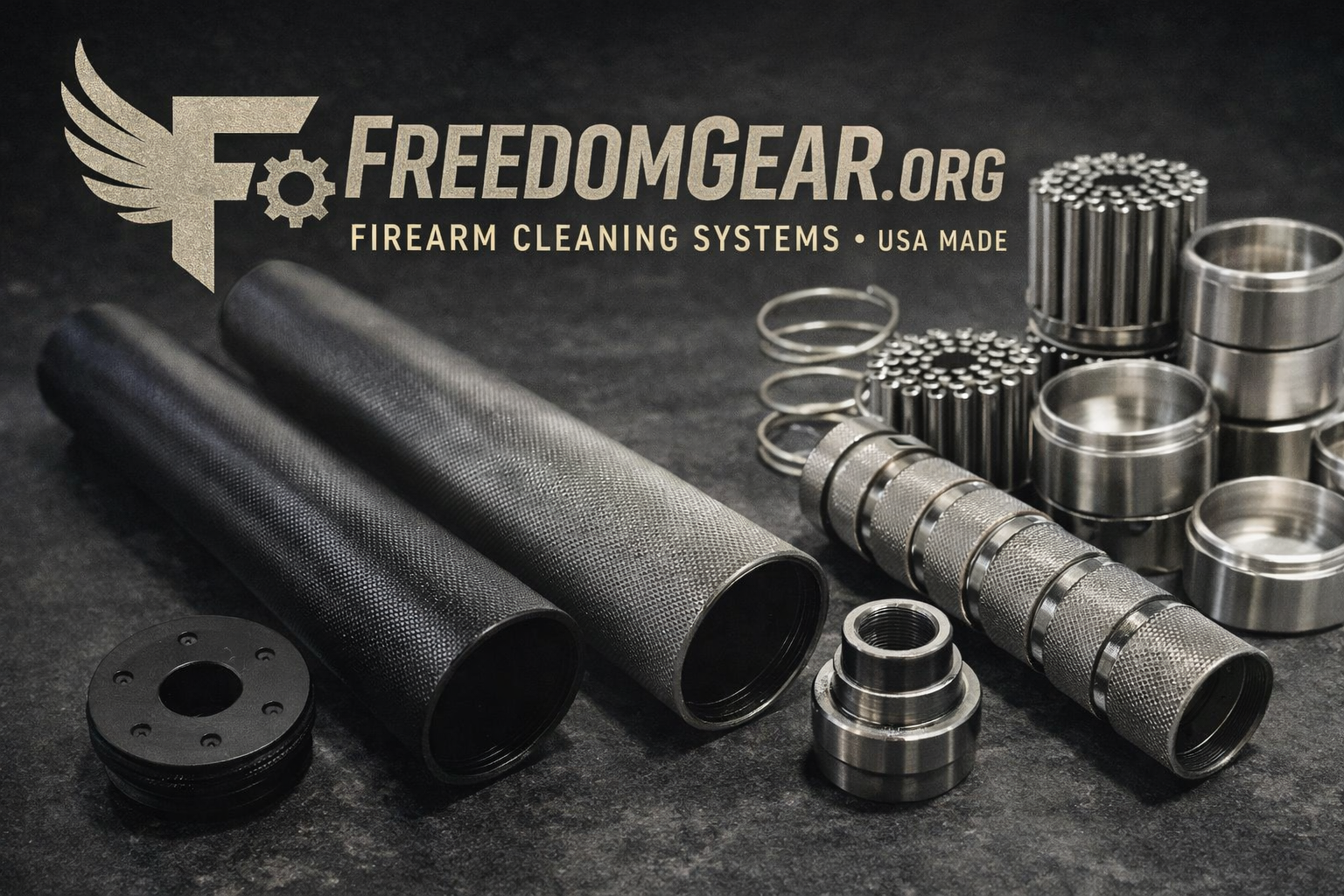Gun enthusiasts are more interested in solvent traps because they can capture and contain cleaning agents during firearm maintenance. The question is, are solvent traps legal? is often asked. This question is often asked. It is important to understand the legalities of these devices to ensure compliance and avoid any legal consequences. This article will provide you with a comprehensive review of the legal issues surrounding solvent traps. It will help you to stay informed and be responsible.
Need help or questions with a Solvent Trap Kit?
Give us a call! 480-687-0878
I. Understanding Solvent Traps
It is important to first understand what solvents traps are. Solvent traps, when attached to a gun barrel, are designed to trap and collect cleaning solvents. These traps are usually equipped with an adapter threaded to fit an oil or fuel filtration system for capturing solvents. Solvent traps are primarily used to prevent harmful chemicals from entering the environment.
It’s important to know the intended use of solvent traps and their legal boundaries.
II. Federal Regulations on Are Solvent Traps Legal?
In the United States federal law considers solvent traps accessories. They do not need to be registered or have a tax stamp if they are only used for their intended use–trapping cleaning solvents. The legality of these traps is a concern when they are modified into illegal suppressors and silencers.
The Bureau of Alcohol, Tobacco, Firearms, and Explosives, or ATF, closely monitors the use and sale of solvent traps. The ATF defines a suppressor as any device designed, manufactured, or adapted to muffle a firearm’s sound. Modifying a solvent trap to act as a silencer without the appropriate tax stamp and registration constitutes a federal crime, which can lead to harsh penalties, including fines and prison.
III. Illegal Intent: The Risks and Consequences
It is important to differentiate between the intention to build an illegal suppressor and owning a solvant trap for its intended use. Federal authorities are on the lookout for individuals who might try to circumvent firearm regulations by converting a solvent trap into a suppressor. When a solvent-trap is combined with evidence of incriminating intent, or plans to modify the trap, it can have serious legal implications.
Possession of a solvent-trap along with materials that are commonly used to turn it into a suppressor or discussing openly such modifications can be seen as evidence of an illegal intention. The legal risk associated with solvent-traps is tied to the intent and actions of the user, not the device.
Need help or questions with a Solvent Trap Kit?
Give us a call! 480-687-0878
IV. State and Local laws: A patchwork of regulations
Being familiar with federal and state laws regarding solvent traps is important. Federal law sets the standard for legality, but individual states and localities may have stricter laws or prohibit solvent traps.
Some states, for example, may consider solvent traps to be prohibited items because they can be modified into suppressors. If this is the case, then owning or using solvent traps in these jurisdictions may result in criminal charges. Researching and fully understanding the laws and regulations in your state or locality is important.
V. Manufacturer compliance and responsible Purchasing
It is important to check that the manufacturer of solvent traps is in compliance with federal regulations before purchasing. Reputable manufacturers usually emphasize the legal aspect of their product and include clear disclaimers regarding the limitations and intended uses of their solvent traps. These companies include warnings about illegal modifications and encourage customers to use their products exclusively for firearm maintenance.
Avoid purchasing solvent traps if they promote or imply that these devices can be illegally converted into suppressors. You can avoid unintentionally breaking the law by buying from manufacturers who are compliant and responsible.
VI. Stay informed and use responsibly
It is important that you stay informed as a responsible gun owner about the changing legal landscape regarding solvent traps. You can avoid inadvertent legal violations by regularly reviewing the federal, state and local laws. Understanding the laws, and adhering their provisions will help ensure that solvent traps are used for the intended purpose – facilitating firearm maintenance.
Are solvent traps legal accessories if they’re used for the intended purpose, which is to trap and collect cleaning solvents when firearms are being maintained. It is important to be aware of the laws that govern these devices. Staying informed, buying from reputable suppliers, and using solvents traps responsibly will allow firearm enthusiasts to enjoy these accessories without breaking the law.
Knowledge is the best defense in a world of constantly changing firearm regulations. Stay informed, be responsible and make sure that you are always following the law when using solvent traps.
